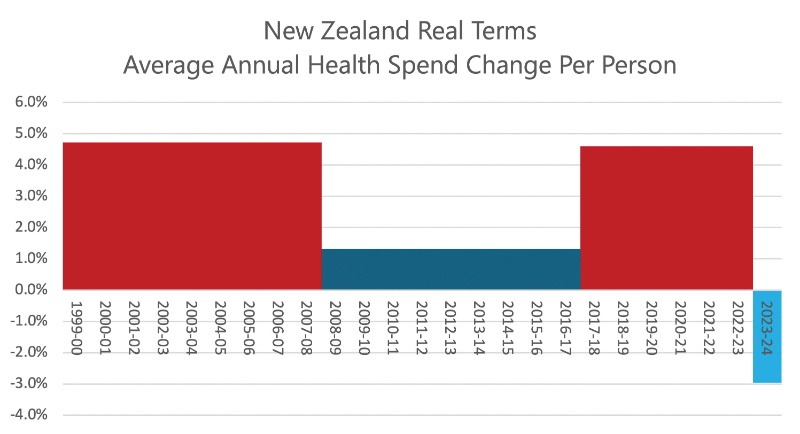Wider Search And Surveillance Powers Proposed
Wider Search And Surveillance Powers Proposed in Reform of
Mutual Assistance in
Criminal Matters Law
The Law
Commission today released its Issues Paper, Extradition and
Mutual Assistance in Criminal Matters. The Paper contains a
review of the Mutual Assistance in Criminal Matters Act 1992
(MACMA) and arrives at a preliminary conclusion that MACMA
is not fit for purpose in the modern, globalised world. The
Commission’s proposals for a new or substantially
redrafted MACMA are intended to generate discussion and
promote public feedback.
Submissions can be made online at www.lawcom.govt.nz and close 2 March 2015.
MACMA serves as a gateway, allowing foreign countries a route through which they can access the tools New Zealand uses when investigating and prosecuting criminal activity.
Currently, MACMA is too detailed and specific and instead needs to be more principles-based. The general rule should be that any domestic tool that can be used to investigate and prosecute crime, and to restrain and seek forfeiture of property derived from crime, is available for foreign criminal matters in the appropriate circumstances. One of the commission’s key proposals is that the gateway function should be widened, particularly in the area of search and surveillance so that foreign countries will have the ability to ask the New Zealand Police to conduct searches and surveillance under the Search and Surveillance Act 2012 which are needed to assist the foreign countries in their own investigations.
On extending MACMA’s gateway function, Geoff McLay – one of the Commissioners leading the review – said that New Zealand has made international commitments to provide wider search and surveillance assistance to foreign countries than is currently permitted under MACMA. However, he was clear to point out that any such extension would need to be accompanied by transparent and stringent human rights protections.
“Not only is MACMA a gateway, but it also has a very important gatekeeping function which is undertaken by the Attorney-General to ensure that foreign assistance is only provided in the appropriate circumstances, and the rights of individuals in New Zealand affected by the request are sufficiently protected.”
McLay went on to say that the Commission is proposing that the Attorney-General’s gatekeeping role in this area be strengthened.
“Search and surveillance assistance should be subject to strict legislative conditions.
Moreover, the Attorney-General should have the discretion to refuse to provide this assistance.”
The Commission has also proposed some new grounds on which the Attorney-General could refuse to provide any requested assistance.
The Commission’s other key proposals to reform MACMA are to simplify the framework for giving effect to New Zealand’s international commitments and make clear the relationship between MACMA and other mutual assistance arrangements with regulatory agencies and their foreign counterparts. While the Commission is of the view that if the assistance should be able to be provided through a variety of different mechanisms, there needs to be some centralised oversight across all regimes that reflects some common principles and/or requirements.
The full Issues Paper, Extradition and Mutual Assistance in Criminal Matters (IP37), is available from our website at http://www.lawcom.govt.nz/project/extradition-and-mutual-assistance/issues-paper.
-ENDS-


 Gordon Campbell: On The Americanising Of NZ’s Public Health System
Gordon Campbell: On The Americanising Of NZ’s Public Health System NZ Labour Party: Govt Health And Safety Changes Put Workers At Risk
NZ Labour Party: Govt Health And Safety Changes Put Workers At Risk Amnesty International Aotearoa New Zealand: Democracy At Risk
Amnesty International Aotearoa New Zealand: Democracy At Risk Walk Without Fear Trust: New Sentencing Reforms Aimed At Restoring Public Safety Welcomed
Walk Without Fear Trust: New Sentencing Reforms Aimed At Restoring Public Safety Welcomed Rio Tinto & NZAS: Archaeological Project Underway From Historic Excavations At Tiwai Point
Rio Tinto & NZAS: Archaeological Project Underway From Historic Excavations At Tiwai Point New Zealand Deerstalkers Association: NZDA Urges Hunters To Prioritise Safety This Roar Season
New Zealand Deerstalkers Association: NZDA Urges Hunters To Prioritise Safety This Roar Season PSA: 1000 Days Since Landmark Pay Equity Deal Expired - Workers Losing $145 A Week
PSA: 1000 Days Since Landmark Pay Equity Deal Expired - Workers Losing $145 A Week


